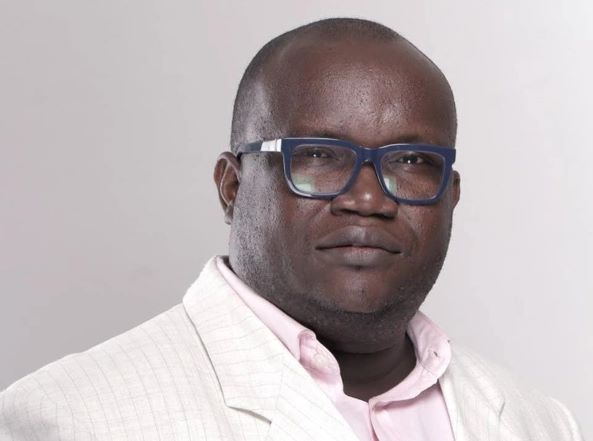The Chief Executive Officer (CEO) of the Ghana Chamber of Telecommunication (GCT), Dr. Ing. Ken Ashigbey, has revealed that the mobile industry made a total tax contribution of over GH₵4.3 billion to the national economy in 2021.
He stated that this amount represents total taxes borne, collected and other payments and remittances made, to the government and other allied agencies.
He said this at the launch of the 2021 Total Tax Contribution Report which covers a study aimed at measuring the size of the contribution that members of GCT made to the government of Ghana during the 2021 fiscal year.
Dr Ashigbey noted that the contribution forms approximately 7.7% of the government of Ghana’s 2021 tax revenue.
A breakdown of the taxes into the various components shows that Corporate Income Tax (CIT) remains the largest tax type in the industry.
GH¢883.6m Corporate Income Tax
This relates to taxes borne by the members of the Chamber. In monetary terms, the industry contributed GH¢883.6 million to CIT last year.
This according to Dr. Ashigbey is a decline of about 9% from last year’s contribution of GH¢976 million.
GH¢657.4m VAT
Furthermore, the study finds Value Added Tax (VAT) as the second biggest tax line of the industry, contributing about GH¢657.4 million to the nation’s coffers.
GH¢571.4m levies
The CEO indicated that levies, which include the National Health Insurance Levy (NHIL) and Ghana Education Trust Fund (GETFund), COVID-19 contributed a monetary value of GH¢571.4 million last year.
GH¢722.2m Withholding Tax
Additionally, he said that another major contributory tax line from the perspective of the GCT is Withholding Tax (WHT), which contributed about GH¢722.2 million.
GH¢424.7m Communications Service Tax
The Chamber stated that the Communications Service Tax (CST) also contributed GH¢424.7 million.
GH¢138.1m Pay as You Earn
Also, the Pay as You Earn (PAYE) contributed GH¢138.1 million and other taxes contributed GH¢266.7 million in monetary terms last year.
From the aforementioned total tax contribution, Dr. Ashigbey stated that for every GH¢1 that comes into the industry, about 46 pesewas goes back to the government in the form of taxes and levies.
He noted that if the telecommunications industry is seen as a utility, it cannot be taxed as other industries such as alcohol, tobacco, and other industries.
He bemoaned how the industry is still seen as a cash cow that needed to be milked, even though this is not how it should be.
The CEO added that taxation has been deteriorating because there is a lot of industry-specific taxes which distort the market and take investments away.
Mobile Financial Services
Dr. Ashigbey said that in 2021, there was no E-levy, so active customers in the year under review were 17.9 million and active registered agents were 442 thousand.
“This is the number of people employed by the mobile financial services industry in 2021, and these numbers are huge.
“It means that particular attention should be paid to it to reduce the unemployment rate in the country” he explained.
11.6m transactions, GH¢9.7bn float balance
He indicated that the total transaction volume in 2021 was 11.6 million a day with a float balance of GH¢9.7 billion; which is money the industry has been able to mobilise, which sits at the bank.
This according to him helps the Bank of Ghana in its monetary policy planning and fiscal policy.
Momo operators made GH¢272m in 2021
Mobile Money operators in the said year according to him made about GH¢272 million.
Jobs
In terms of direct jobs, the chamber in 2021 was employing 6,100 people and over 1.2 million people indirectly.
Tax obligation
Dr. Ashigbey lamented the fiscal situation of telecommunication industry players who are increasingly burdened by their tax obligations and their operational costs, especially following the COVID-19 pandemic of 2020.
- Online blackmail and sextortion soaring –CSA - 2 May 2025
- No amnesty for people who resigned from NPP – Kodua - 2 May 2025
- Friday, May 2, 2025 Newspaper Headlines - 2 May 2025

